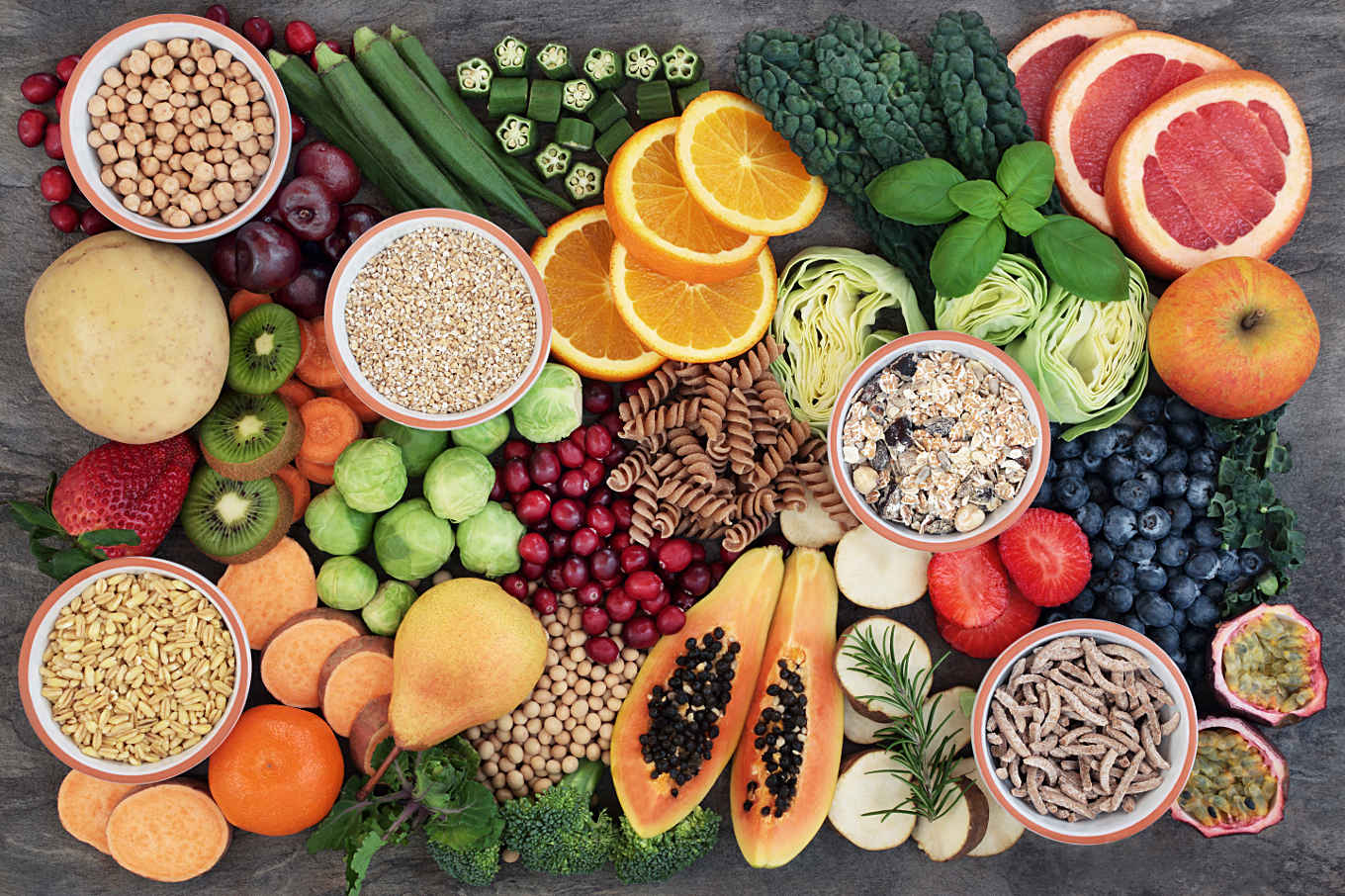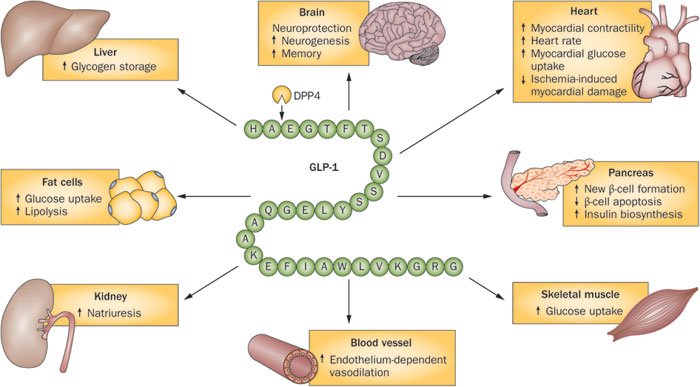- Joined
- Aug 24, 2017
- Messages
- 5,856
How frequently have you heard that insulin is fattening? Well, it can be, but context is required. Check it out:

 men-elite.com
men-elite.com

Insulin makes you fat? Not so fast » TESTONATION
There is currently the carbohydrate-insulin hypothesis of obesity, which basically states that insulin, due to carb intake, makes you fat. There are two sides to this. Insulin secretion from carb consumption Total daily insulin levels Let’s look at the first one. Carbs make you fat due to...
 men-elite.com
men-elite.com

